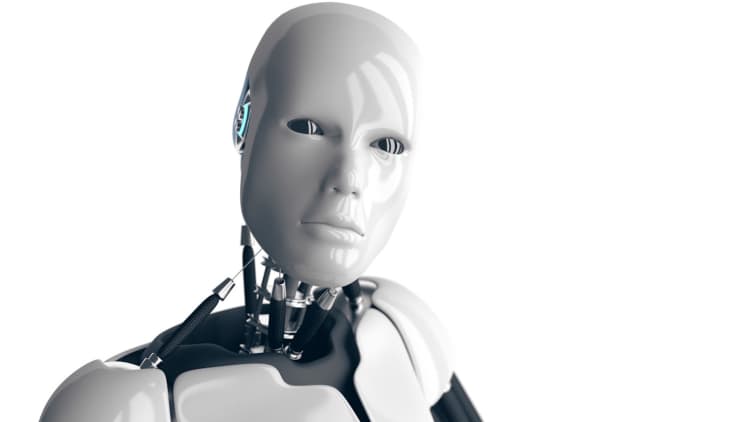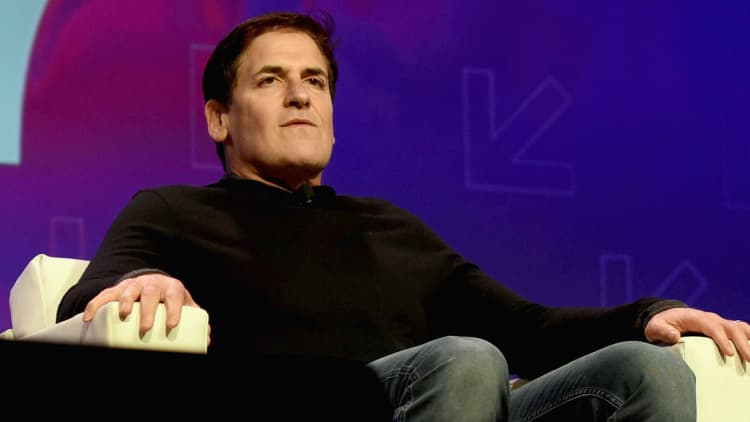Meet the Todai Robot. The machine cannot read. The machine cannot perform mathematics above the basic arithmetic level. And the machine cannot write. In fact, the machine simply cannot understand anything, according to a TED Talk from earlier this year.
Yet the robot managed to perform in the top 20 percent of students on an entrance exam at the University of Tokyo, which is considered the Harvard of Japan.
This display of "intelligence" raises alarms for the future of work. Namely, if a machine can outscore thousands of students without truly understanding anything, it could spell the end of thousands of jobs.
The Todai Robot, for example, was able to write a 600-word essay on maritime trade in the 17th century better than most students. Noriko Arai, AI expert and member of the team that built the robot, explains in her TED Talk "Can a Robot Pass a University Entrance Exam?" that this wasn't because it possesses intelligence, but rather because it can recognize key words.
"Our robot took the sentences from the textbooks and Wikipedia, combined them together, and optimized it to produce an essay without understanding a thing," Arai says.
"We humans can understand the meaning," she says. "That is something which is very, very lacking in AI."
Over the last year, there has been increasing concern over how smart robots are becoming and the eventual eradication of certain industries. However, most of the focus has been on the loss of blue collar jobs. But according to David Lee, vice president of innovation at UPS, it's not just jobs like factory worker and truck driver at risk.
In his TED Talk titled, "Why Jobs of the Future Won't Feel Like Work," Lee says that even the smartest, highest-paid people will be affected by the "tremendous gains in the quality of analysis and decision-making because of machine learning."
We already know that automation and robotics are drastically changing the workplace. It's been happening for years and the auto industry is a prime example.
When the automobile first came out it put people out of jobs, such as those in the horseshoe business. However, jobs were created in other areas, building highways, creating suburbs and the like.
But what differentiates AI's current effect in the workplace from job evolutions of the past is how quickly robots are advancing. A recent study from the research firm Forrester predicts that over the next ten year, 25 million jobs will be lost. "To put that in perspective, that's three times as many jobs lost in the aftermath of the financial crisis," says Lee.

And at our speedy rate of change, he says, we may only have 10 or 15 years to adjust to these new technologies.
"If we don't react fast enough, that means by the time today's elementary-school students are college-aged, we could be living in a world that's robotic, largely unemployed and stuck in kind of un-great depression," says Lee.
This path to joblessness is one that we have brought upon ourselves, he says, and it's important to recognize that before moving forward.
"Even though most jobs left the factory decades ago, we still hold on to this factory mindset of standardization and de-skilling," says Lee. "We still define jobs around procedural tasks... We've created narrow job definitions like cashier, loan processor or taxi driver and then asked people to form entire careers around these singular tasks."
In order to out-innovate and outsmart robots in the workplace, we must begin by changing the nature of work. Future jobs, says Lee, must be more focused on the skills that a person brings to work rather than rote tasks that a person does.
For example, he says, although robots are great at repetitive and constrained work, "human beings have an amazing ability to bring together capability with creativity when faced with problems that we've never seen before."
By rediscovering what makes us uniquely human, we can create a new generation of jobs that are human-centric and that allows us to unlock "hidden talents and passions," he says.
"It's when every day brings a little bit of a surprise," he says, "that we have designed work for humans and not for robots."
Like this story? Like CNBC Make It on Facebook.
See also:
Bill Gates: A.I. will make our lives 'more productive and creative'
Why this artificial intelligence expert says Elon Musk is 'selling fear'
Why Elon Musk might be right about his artificial intelligence warnings



